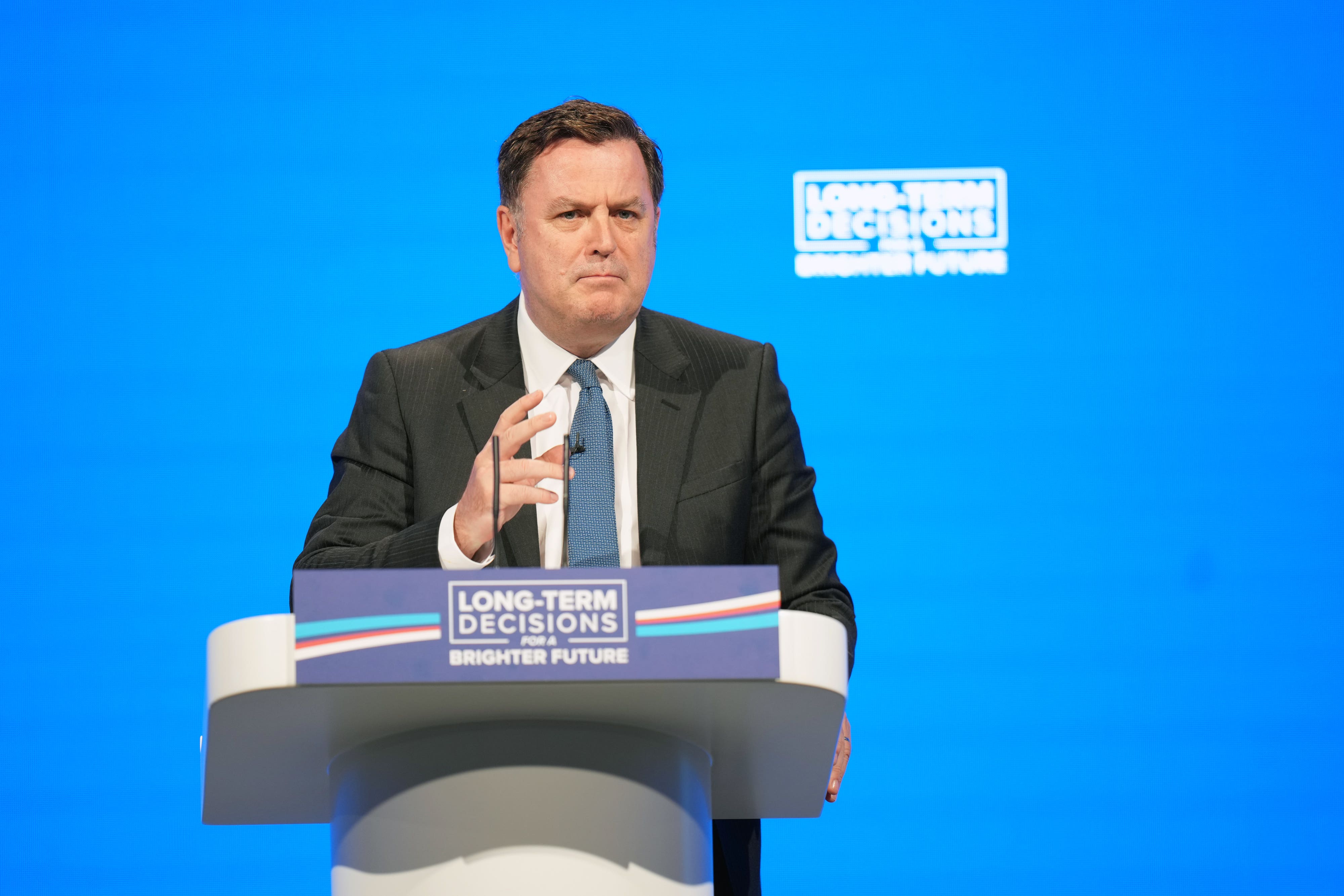Why this government thinks disabled people aren’t worth a salary
The government is keen to hire disabled people as ‘regional network chairs’ in its Equalities Office – but without a salary. What message does this send out to other employers, asks James Moore


The latest missive from the Equalities Office has just landed in my inbox. The government is looking to recruit “disability experts” to act as “regional stakeholder network chairs” in the North West and in Yorkshire and the Humber.
Just seeing the phrase “regional stakeholder” gives me a shudder – but, we are told, this drive comes hot on the heels of the launch of the Disability Action Plan.
Now, you’re not really an expert on disability unless you are actually disabled. Sorry, but you aren’t. If you aren’t disabled, you might see the yellow ramps dotted around some of London’s Tube stations and think that means this station is accessible. You won’t understand the stress of getting staff who aren’t always very friendly to operate them for you – that is, if you can actually find anyone at a ticket office-free station.
The Government Equalities Office presumably understands this, and so you would hope they’re after people who are as wobbly as me, or even more so. But here’s the problem: for this job, they’re not offering payment.
These positions have actually been around for a while. However, the reason the recruitment ad is particularly relevant is that we’re in the midst of a renewed attempt to get disabled people into work, particularly the most seriously disabled people. Ministers want to focus on what you can do, not on what you can’t. Isn’t that progressive of us?
This includes those who qualify for Employment and Support Allowance (ESA). To get that, you need to not only be disabled enough to make work extraordinarily difficult, but you also need to be able to prove it to a standard that looks awfully like “beyond all reasonable doubt”.
“The forms, there are reams of them. They run for pages and pages. There’s also a lack of clarity on how to ensure you talk about your difficulties with work in a way that chimes with the criteria you need to fulfil. If you’re unable to get help from a benefits adviser, you’re basically stuffed,” said a disability expert with experience of helping people with them. These are, in other words, people for whom paid work is going to be a severe struggle.
Announcing this “get ’em working however disabled they might be” policy, work and pensions secretary Mel Stride waxed lyrical about the benefits of elbow grease in the House of Commons. When I looked up the speech in Hansard, I found myself wondering how he didn’t tear up. In addition to all the stuff about dignity and what you have, there was also a recognition of the benefit of earning money which is, let’s face us, ultimately why most of us are here. I mean, sure, I enjoy my job, but the money is what keeps the show on the road. Except that there’s none of it for the “regional stakeholder network chairs”.
Tom Pursglove, the latest through the revolving door labelled “minister for disabled people’s entrance and (swift) exit”, said: “The network is already doing brilliant work on the ground.” But apparently not brilliant enough to warrant getting paid for that work.
So what would the successful applicant be asked to do? Each month, they would be required to attend a joint meeting with the government’s Disability Unit lasting an hour and half, as well as another monthly one-to-one meeting with a Disability Unit representative. However, existing chairs report that, on top of these responsibilities, the role is likely to involve consultations on the Disability Action Plan as well as other employment reviews.
“If you’re going to do one of these roles properly, it can take over your life,” a source with experience in the field told me. “You can easily find yourself swamped.”
Fazilet Hadi, head of policy at Disability Rights UK, says that for these roles to be effective, the successful candidate would need to do a lot more extra-curricular work to keep up to date with disability policy and service issues, nationally and regionally. Preparing for the regional stakeholder network meetings and following up on action points would also add to the workload.
“Absolutely, the role of RSN chair should be a paid role,” she says.
However, when I raised this issue with the Equalities Office, this is the response I got: “The appointments are unpaid. However, travel expenses and any costs required to support a disability will be paid to enable them to attend the annual in-person network meeting. Meetings are currently held virtually, in the main. There is an expense allowance for chairs to gain personal assistance with the administration of the network.”
So you can employ and pay an admin assistant to help with the (presumably considerable) legwork. But, beyond expenses, you get nothing for your own efforts.
Now, as I’ve said previously, this inevitably restricts the sort of person who can apply to someone with plenty of free time on their hands. Most likely someone who is retired. If you are actively seeking employment, meeting with job coaches, going for interviews and so on, you’re simply not going to have the time.
Hadi also fears it would not be possible to claim Access to Work, a grant that can help pay for practical support with work support and with managing one’s mental health at work. This could further limit the pool from which chairs are drawn.
But the bigger issue is this: given the current drive to get disabled people into work, what sort of example does this set? What is the “messaging”, as folks in public relations like to say.
As a disabled person myself, I read it as this: “We don’t value your work. We’ll pay our special advisers, who tell us what to say to the press and the voters and who probably want to become MPs themselves one day. Of course, we will pay them. But we won’t pay our policy advisors, at least not the ones we’re calling upon to advise us on disability.”
Doesn’t all this tell employers beyond Whitehall that disabled people really aren’t worth spending any money on employing? If the Equalities Offices won’t pay them, why on earth should another employer? Isn’t the government guilty then of undermining its own policy?
If you ever wondered why disabled people are twice as likely to be unemployed as their able-bodied peers, and why the disability employment gap stands at 29 per cent, well… now you know.
Join our commenting forum
Join thought-provoking conversations, follow other Independent readers and see their replies
Comments


Bookmark popover
Removed from bookmarks